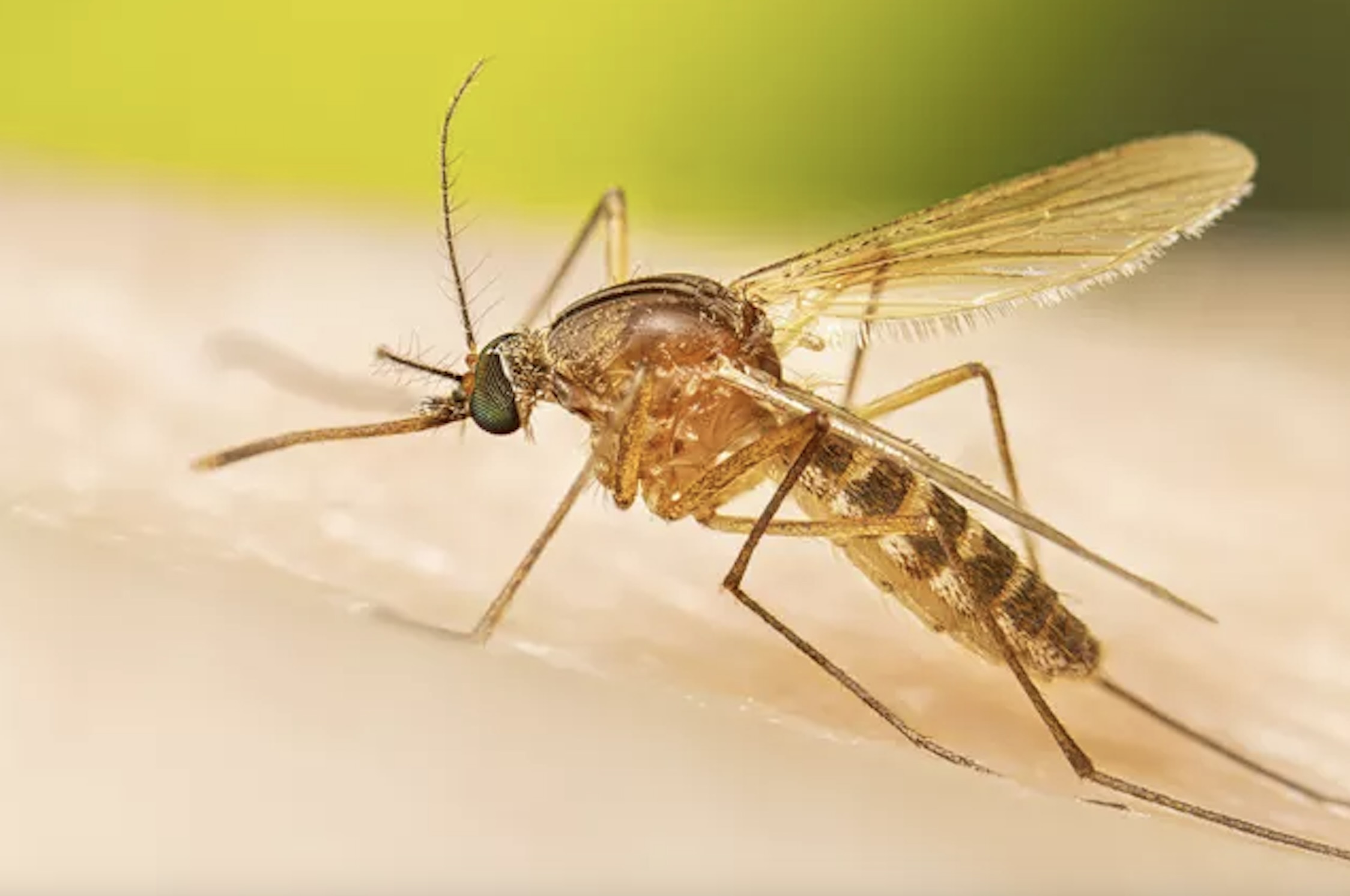Japanese B Encephalitis: Symptoms, Causes & Treatment
What are the symptoms of Japanese B encephalitis?
Japanese encephalitis (JE) is a viral infection that is transmitted by mosquitoes. The majority of people infected with the Japanese encephalitis virus (JEV) do not develop symptoms. In those who do develop symptoms, the illness can range from mild flu-like symptoms to severe inflammation of the brain (encephalitis), which can be life-threatening.
Symptoms of Japanese encephalitis can include:
- Fever
- Headache
- Nausea and vomiting
- Fatigue and weakness
- Muscle aches
- Change in mental status
- Seizures
- Stiff neck
- Sensitivity to light (photophobia)
- Paralysis or inability to move
Severe cases of Japanese encephalitis can lead to inflammation of the brain, which can cause symptoms such as confusion, disorientation, coma, and death. The risk of developing severe symptoms is higher in older adults and individuals with weakened immune systems.
It’s important to seek medical attention if you develop symptoms of Japanese encephalitis, especially if you have recently traveled to an area where the virus is common. There is no specific treatment for Japanese encephalitis, so management focuses on relieving symptoms and providing supportive care. Vaccination is available to prevent Japanese encephalitis and is recommended for people who are at risk of exposure to the virus, such as travelers to endemic areas.
What are the causes of Japanese encephalitis?
Japanese encephalitis (JE) is caused by the Japanese encephalitis virus (JEV), which belongs to the Flavivirus genus. The virus is primarily transmitted through the bite of infected mosquitoes, primarily of the Culex species. These mosquitoes breed in rice fields and other bodies of water, and they are most active during dusk and dawn.
Humans are considered incidental hosts in the transmission cycle of JEV. The virus cannot be transmitted from person to person. Instead, mosquitoes become infected with JEV when they feed on infected animals, particularly pigs and birds, which serve as reservoir hosts. Once infected, mosquitoes can then transmit the virus to humans when they bite.
Japanese encephalitis is most common in rural and agricultural areas of Asia, where the virus is endemic. Outbreaks of JE tend to occur during the rainy season when mosquito populations are high. Travelers to areas where JE is endemic, particularly during the transmission season, are at risk of infection.
Preventive measures, such as mosquito control programs and vaccination, are important for reducing the risk of Japanese encephalitis. Vaccination is recommended for travelers to endemic areas and for individuals living in areas where the virus is common.
What is the treatment for Japanese encephalitis?
Japanese encephalitis (JE) is a viral infection caused by the Japanese encephalitis virus (JEV), which is transmitted to humans through the bite of infected mosquitoes, primarily of the Culex species. JE is most commonly found in rural and agricultural areas of Asia, particularly in countries such as India, China, and Southeast Asian countries.
Most people infected with JEV do not develop symptoms, but in those who do, the illness can range from mild flu-like symptoms to severe inflammation of the brain (encephalitis). Symptoms of JE can include fever, headache, nausea, vomiting, fatigue, muscle aches, and neurological symptoms such as confusion, disorientation, seizures, and paralysis.
There is no specific treatment for JE, so management focuses on relieving symptoms and providing supportive care. Prevention is key, and the JE vaccine is available for individuals traveling to or living in areas where the virus is common. Other preventive measures include avoiding mosquito bites by using insect repellent, wearing protective clothing, and staying in accommodations with air conditioning or screens on windows and doors.




